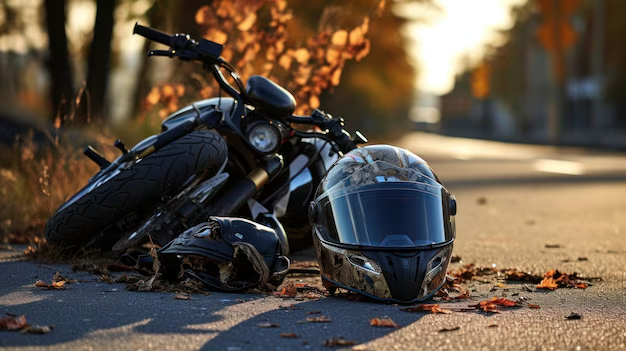
Unraveling Myths About Motorcycle & Bicycle Accident Cases
Challenging Myths in Rider Accident Cases
Misconceptions about motorcycle and bicycle accident cases can significantly affect how riders defend their rights after an accident. These myths can cloud our judgment on legal responsibilities, interactions with police, and handling insurance claims. Understanding the difference between fiction and reality is crucial for all riders.
Are Motorcycles and Bicycles Treated the Same as Cars?
Contrary to popular belief, motorcycles and bicycles aren't treated the same as cars in accidents. Legal distinctions often categorize riders as "vulnerable road users," offering them different protections and responsibilities. However, bias can sometimes make proving fault more difficult for riders. Understanding your rights as a vulnerable road user is vital.
The Truth About Lane Splitting
Many think motorcyclists can weave through traffic at will. In reality, lane-splitting laws vary significantly by state. Where it's not explicitly legal, riders might face charges of reckless driving. Always check your state laws before attempting lane splitting in different areas to avoid legal complications.
Police Biases in Accident Claims
A common myth is that police will automatically side with the motorcyclist or cyclist in an accident. However, biases may lead law enforcement to assume the rider was at fault. Officers sometimes misinterpret scenes or incorrectly assume reckless behavior. It's crucial to be aware of these biases and protect your rights post-accident.
The Helmet Myth
The belief that not wearing a helmet automatically places blame on the rider is false. While helmet laws exist for safety, they don't imply fault in an accident. Some insurers, however, might use this to minimize payouts by arguing the injuries were worse because of no helmet. Always understand that fault is not determined by helmet use.
Your Rights with Police Communication
You aren't required to speak to the police if asked about an accident. Riders have the right to remain silent, as statements can be taken out of context. Consult a lawyer before giving statements to avoid misinterpretation that could harm your claim.
Defending Against Hit-and-Run Charges
Another myth is that hit-and-run charges are indefensible. Being accused doesn't strip you of your defenses. Cases might involve mistaken identity or lack of evidence. Legal representation is essential in challenging wrongful accusations successfully.
Staying Informed and Protected
It's crucial to know the facts when confronting motorcycle and bicycle accident cases, understanding that misinformation can cost you. Always remember to stay informed about your rights, and consult legal advice if these myths surface in your case.
